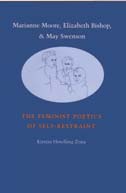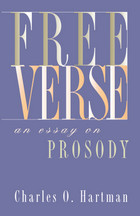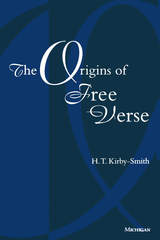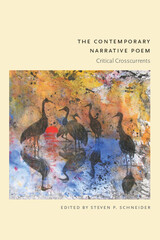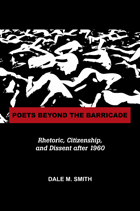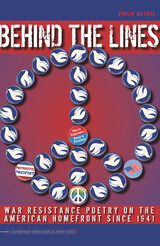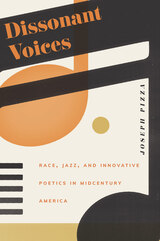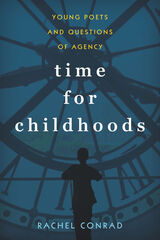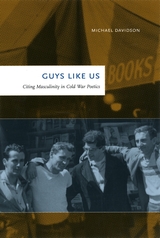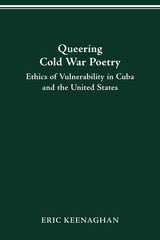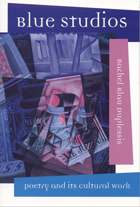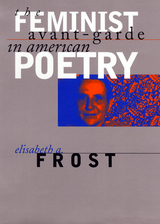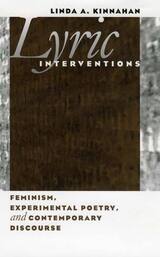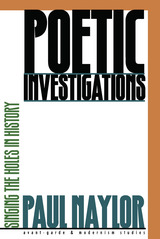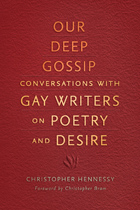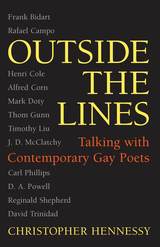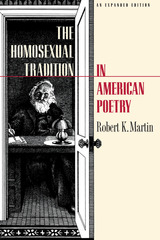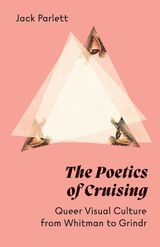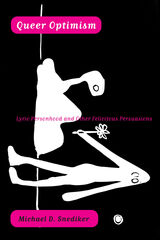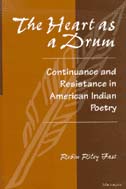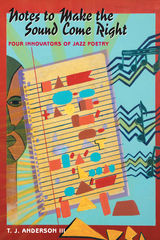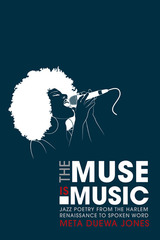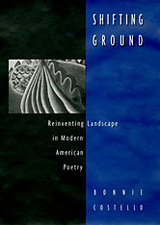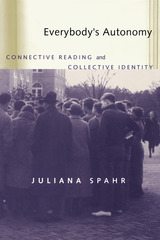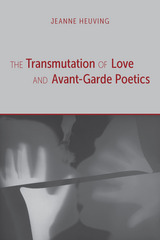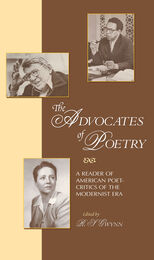Marianne Moore, Elizabeth Bishop, and May Swenson: The Feminist Poetics of Self-Restraint
University of Michigan Press, 2002
Cloth: 978-0-472-11304-0
Library of Congress Classification PS310.F45Z66 2002
Dewey Decimal Classification 811.50809287
Cloth: 978-0-472-11304-0
Library of Congress Classification PS310.F45Z66 2002
Dewey Decimal Classification 811.50809287
ABOUT THIS BOOK | REQUEST ACCESSIBLE FILE
ABOUT THIS BOOK
This book examines the strategic possibilities of poetic self-restraint. Marianne Moore,Elizabeth Bishop, and May Swenson all wrote poetry that is marked by a certain reserve--precisely the motive against which most feminist poets and critics of the last thirty years have established themselves. Kirstin Hotelling Zona complicates this dichotomy by examining the conceptions of selfhood upon which it depends. She argues that Moore, Bishop, and Swenson expressed their commitment to feminism by exposing its most treasured assumptions: they not only challenge the ideal of autonomous self-definition, but also contest the integrity of a bodily or sexual authenticity by which that ideal is often measured.
In recent years critical studies of Bishop and Moore have flourished, a large percentage of them devoted to explorations of sexuality and gender. A gap is growing, however, between feminist repossessions of Moore and Bishop and recent readings of their antiessentialist poetics. On the one hand, these poets are appearing more frequently in the feminist canon, but the price of this inclusion is usually the suppression of their strategies of self-restraint. While Zona questions the poetic privileging of self-expression, she establishes contiguity between feminist poetry and developments in American poetry at large. In doing so she asserts the centrality of feminist poetry within discussions of contemporary American poetry, thereby challenging the common perception of feminist poetry as an "alternative" (which often means auxiliary) genre.
Kirstin Hotelling Zona is Assistant Professor of Poetry and Poetics, Illinois State University.
In recent years critical studies of Bishop and Moore have flourished, a large percentage of them devoted to explorations of sexuality and gender. A gap is growing, however, between feminist repossessions of Moore and Bishop and recent readings of their antiessentialist poetics. On the one hand, these poets are appearing more frequently in the feminist canon, but the price of this inclusion is usually the suppression of their strategies of self-restraint. While Zona questions the poetic privileging of self-expression, she establishes contiguity between feminist poetry and developments in American poetry at large. In doing so she asserts the centrality of feminist poetry within discussions of contemporary American poetry, thereby challenging the common perception of feminist poetry as an "alternative" (which often means auxiliary) genre.
Kirstin Hotelling Zona is Assistant Professor of Poetry and Poetics, Illinois State University.
See other books on: 1887-1972 | 1911-1979 | Bishop, Elizabeth | Feminism and literature | Moore, Marianne
See other titles from University of Michigan Press
